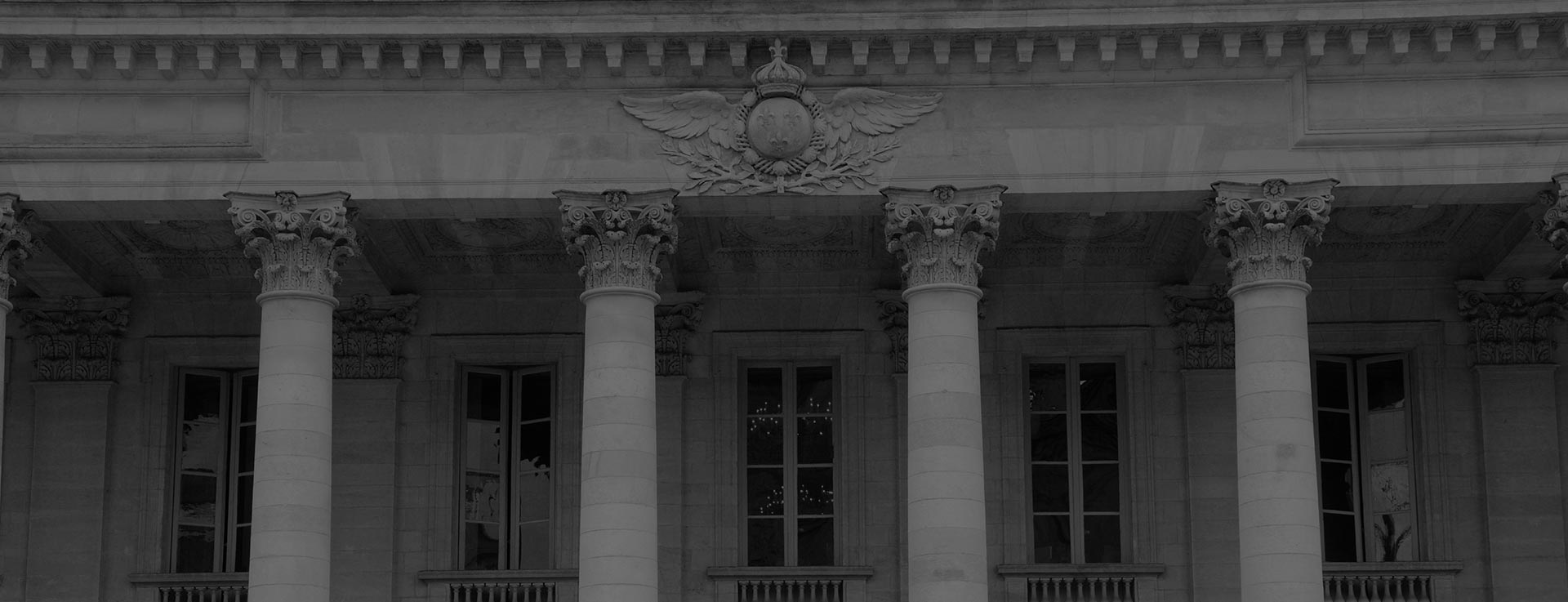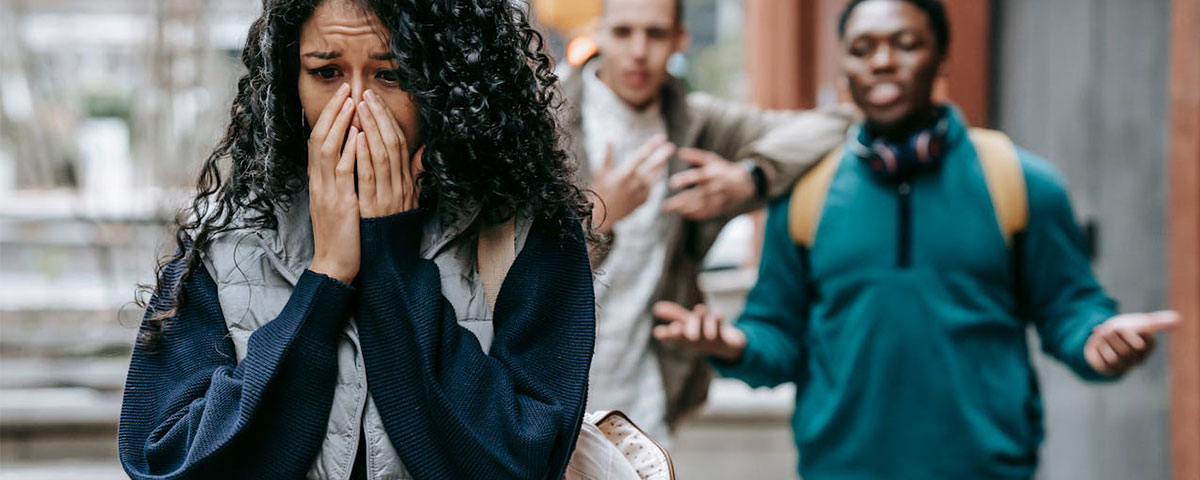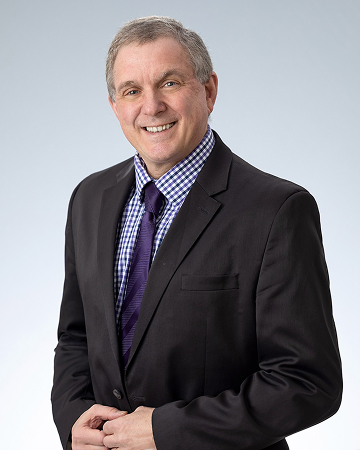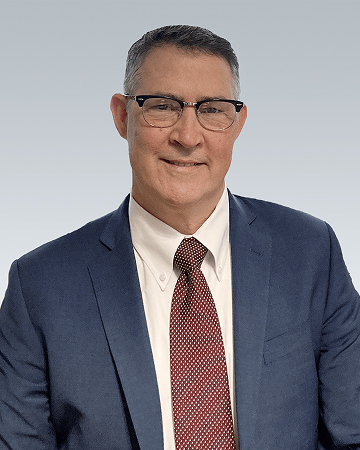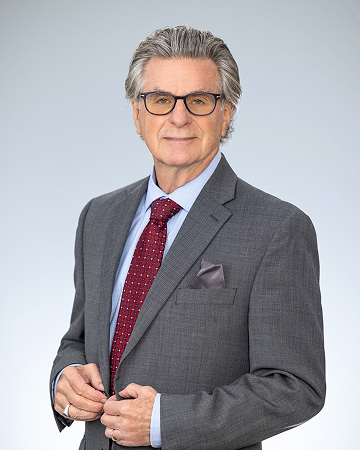Note: On January 9, 2025, a federal judge in Kentucky struck down the Biden administration’s expanded Title IX rules that included protections based on sexual orientation and gender identity. The court ruled that the administration had exceeded its authority by broadening the definition of “sex” discrimination to encompass gender identity and sexual orientation, stating that such an expansion contradicted the original intent of Title IX. Following this ruling, on January 20, 2025, President Donald Trump issued an executive order titled “Defending Women from Gender Ideology Extremism and Restoring Biological Truth to the Federal Government.” This order defines “sex” strictly based on biological attributes determined at birth and rescinds previous executive orders that recognized gender identity under federal protections. Consequently, the Department of Education has reverted to the 2020 Title IX regulations established during Trump’s first term, which do not extend protections to LGBTQ+ students.
Education Management Consulting can review cases and address issues involving LGBTQ rights and related harassment where violations occurred between 2020-2025 when there was a requirement to address those by schools. Additionally, we can state that some states still might have protections for LGBTQ students under their state laws separate from federal law.
Compliant policies and training of school employees, students, and stakeholders are essential for the prevention, detection, and appropriate action involving sexual harassment of students, lgbt discrimination in schools, and other forms of sexual discrimination in schools.
Having worked with parents, schools, child-oriented agencies, and hundreds of law firms throughout the United States and Canada on liability issues and education-related cases, School Liability Expert Group boasts an unparalleled knowledge of Title IX protections, as well as all other student harassment, sexual orientation discrimination, and education laws. Our court-qualified expert witnesses can conduct case reviews, comprehensive report compilations, consultations, and trial and deposition testimonies for plaintiff and defendant attorneys in student rights violations litigation.
While educational institutions can’t be expected to stop all instances of sexual harassment of students completely, lgbt discrimination in schools, and more, they must put in place policies that follow and meet the legal and professional standard of care in addressing any suspicions and reports. Sexual harassment and sexual discrimination in schools must be met with a prompt response to prevent repeat occurrences. Our expert witness team works with schools and other child-oriented agencies to evaluate their program quality and compliance with all education laws, including sexual orientation discrimination laws and student harassment laws such as Title IX protections in the United States. Upon completing our evaluation, we can offer staff training and recommendations to streamline Title IX strategies and lower any risk of costly lawsuits.
We also offer consultations, help find a child’s school placement, initiate lawsuits, and resolve school liability issues like student sexual harassment for parents. Before we delve into the question of “what does Title IX require schools to do to protect students from discriminatory harassment and harm?” Let us first get some perspective on sexual harassment, abuse, and discrimination.
What Qualifies as Student Sexual Harassment?
Title IX of the Education Amendments of 1972 strictly prohibits sexual harassment and sex discrimination at an educational institution. Understanding what qualifies as sexual harassment is vital to defining school liability in litigation matters. Not all behavior with sexual connotations is considered to be at the level of sexual harassment of students. The instances of unwanted sexual behavior must be so severe and pervasive that it creates a hostile learning environment for the student. In other words, if the unwanted sexual interactions interfere with a student’s education, it constitutes sexual harassment at school under Title 9 protections. That being said, one-time incidents can also qualify as sexual harassment if the behavior is severe enough to meet the criteria of adversely affecting a student’s education.
It is important to note that age is especially relevant in determining whether sexual harassment occurred. For example, sexual abuse and sexual harassment of students by staff would apply here, and a high school student inappropriately touching another student would likely also constitute sexual harassment. However, a kindergartener kissing another classmate on the cheek one time may not qualify as sexual harassment, as that student’s age informs the intent behind the behavior.
An education expert will be well-versed in sexual orientation discrimination and student harassment laws, enough to help clear any legal gray areas during litigation involving LGBT discrimination in schools and other forms of sexual harassment and discrimination. They can also render their expert opinion on whether sexual harassment did indeed occur.
Interpreting Sex Discrimination According to Title IX
Sexual harassment of students at school is generally considered to be one form of discrimination based on sex and is prohibited under various civil rights laws. However, Title IX of the Education Amendments of 1972 aims to eliminate gender-based discrimination. Title IX protections regarding sexual discrimination in schools apply to students at all levels of education, from daycares to middle schools to higher education institutions that receive federal funding. Its recent interpretations also include discrimination based on one’s gender identity — lgbt discrimination in schools.
In addition to sexual harassment, sexual and gender-based discrimination include but are not limited to discrimination based on pregnancy, failure to provide equal athletic or educational opportunities, and disparate disciplinary procedures. The last example is especially relevant to cases where your client has been accused of sexual harassment.
Frequently, reports of sexual harassment by a male student are taken less seriously than those reported by a female student. Schools or other educational institutions must take all allegations of sexual harassment of students earnestly, providing prompt, responsive action in all cases where it is determined sexual harassment took place. Our education experts can help parents and attorneys in cases of a disparity in sexual harassment response or disciplinary actions. We will conduct a comprehensive review of your case, identifying whether the school met the standard of care in its reaction to any accusations of sexual harassment.
What Does Title IX Require Schools To Do?
The guidelines provided by Title IX are specifically crafted to enable schools and their employees to not only identify sexual harassment and sexual discrimination in schools but also take the proper steps to prevent it in the first place. Moreover, Title 9 protections clearly define school obligations in their response to suspicions and reports of sexual harassment of students and sex discrimination. Schools or other educational institutions must have a designated Title IX Coordinator that received specialized training to oversee compliance with Title IX guidelines.
However, Title IX regulations only apply to disciplinary issues that rise to the level of sexual harassment and discrimination. For minor problems that are not severe, schools may rely on their policies to respond to the situation. Such vaguely defined boundaries between the extent of application of education laws and the reliance on school policies in addressing issues like sexual harassment of students and lgbt discrimination in schools can cause confusion and misinterpretations as to what qualifies as minor or major offenses, potentially exposing schools to liability lawsuits. Therefore, the question of “What does Title IX require schools to do?” can better be clarified by an education expert who fully understands the intricacies and nuances in Title 9 protections, other sexual orientation discrimination laws and student harassment laws, and all other education laws as well as the professional standard of care that should guide the development and implementation of school policies.
While administrators may have flexibility in how they choose to discipline perpetrators of sexual harassment of students and sexual discrimination in schools, there must be a timely responsive action that meets the professional standard of care that could reasonably be expected to prevent the recurrence of these incidences. The number one reason schools lose lawsuits related to harassment and bullying is because they were made aware of an allegation and failed to take any action or were highly delayed in their response. As a result, the school is held liable for negligence. We can advise you on whether your institution’s disciplinary policies meet the legal and industry standards of care expected of schools and make necessary recommendations for improvement.
Many instances of sexual discrimination and abuse occur because of a lack of awareness of the issue. Training programs for both faculty and students can prevent unintentional discrimination.
Teachers should be made aware of the differences between student conflict, bullying, harassment, and discrimination to report any witnessed issues accurately. Teachers must promptly report sexual harassment of students, lgbt discrimination in schools, and sexual discrimination in schools if they occur under their supervision.
Get Help with a Student Sexual Harassment, Abuse, and Discrimination Case
School Liability Expert Group is a team of court-qualified education administration and supervision experts with diversified and exceptional experience and expertise in education law and school liability matters. We are fully versed with Title 9 protections, other sexual orientation discrimination laws, and student harassment laws. Therefore, plaintiff and defendant attorneys, parents, schools, and other child-oriented agencies can count on us for consultations and education expert witness services related to sexual harassment of students and sexual discrimination in schools. Our client testimonials speak to how thorough, prompt, and tailored our expert services are. Book a call today to discuss your matter with an education expert.



